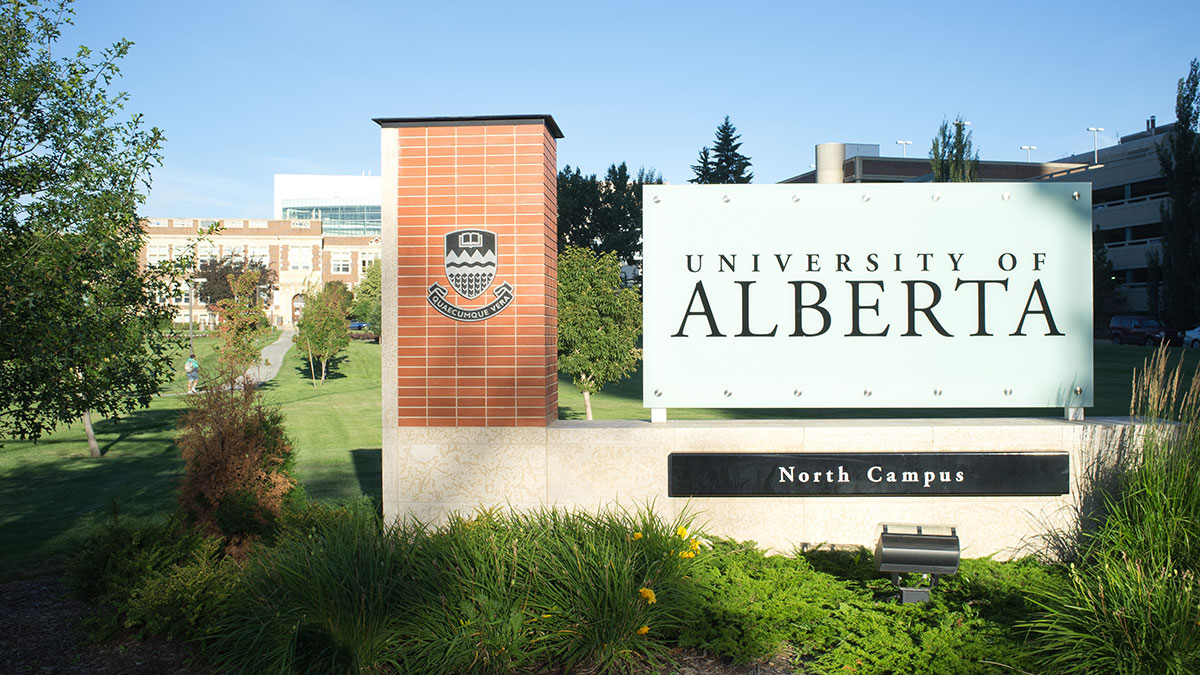Science ministers appointed at federal level: Faculty of Science reps comment on Trudeau’s new cabinet

Since the Justin Trudeau era was sworn in, Canada has unmuzzled its federal scientists and appointed two ministers dedicated to science at the federal level: Minister of Science Kristy Duncan and Minister of Innovation, Science, and Economic Development Navdeep Bains.
David Coltman, the University of Alberta Faculty of Sciences’ Associate Dean of Research, said the appointment of two ministers with “Science” in their titles sends the community a “very loud and encouraging signal” that the government is going to make a big investment of science. And while it’s too early to tell what effects having a new government will have on academia, the rapid move to unmuzzle federal scientists is “especially welcome,” Coltman said.
A 2013 report released by Democracy Watch, a national non-partisan advocacy group, detailed occurrences of muzzling of federal scientists, which was happening either directly, where policy and regulation prohibited from communicating with media and other researchers; and indirectly, where federal scientists were made almost inaccessible behind the veil of communications teams which media and other researchers couldn’t always navigate through.
That lack of communication start a domino effect, U of A biology professor Colleen Cassady St. Clair said.
“By hampering that dialogue, and preventing any form of criticism or dissent or disagreement, we’re sentenced to less than the best options,” she said. “It’s not an issue of ideology, it’s just an issue of how progress occurs and the fact that nobody can know anything.”
The 2013 Democracy Watch report details various cases where researchers were either unavailable for interviews about their work, or were only available after their information was no longer time-relevant. Multiple cases of muzzling occurred in Environment Canada, the Department of Fisheries and Oceans, Natural Resources Canada and the Natural Research Council.
The Democracy Watch report also details a case where results from a 2011 Environment Canada study, led by U of A scientists Erin Kelly and David Schindler, were to be presented at a conference — the study originally concluded that industry activity in the oil sands substantially increased the amount of toxins in the Athabasca River. The researchers had been given a “Q&A package” before to presenting. The package was in fact a script outlining the expected questions and answers to be given after the researchers’ presentation.
The Professional Institute of the Public Service of Canada (PIPSC) surveyed 4,069 federal scientists in June “to gauge the scale and impact of ‘muzzling’ and political interference among federal scientists.” Only 10 per cent the survey’s respondents said they were allowed to speak without constraints about their work in their departments or agencies. Another 48 per cent said they were aware of their department or agency suppressing or declining to release information, leading to “incomplete, inaccurate or misleading impressions.”
St. Clair said she’s optimistic, because one change in government openness is already a huge step. Despite the growing federal interest over the past several decades, the eight years’ communication of science, trust of science, and invitation to evaluate science seemed to recede rapidly.
“If (the new ministers) do nothing more than say, ‘we invite your opinions, citizens of Canada,’ that will be a huge accomplishment,” St. Clair said.
The Liberal government is still very young, and there are few financial details available, which is expected to be announced in the 2016 federal budget, and what David Coltman is looking forward to the most.
“Obviously, everybody wants more money, not just scientists,” Coltman said.
“So it’ll be interesting to see how the government decides to balance the demands or the needs of the science community.”




